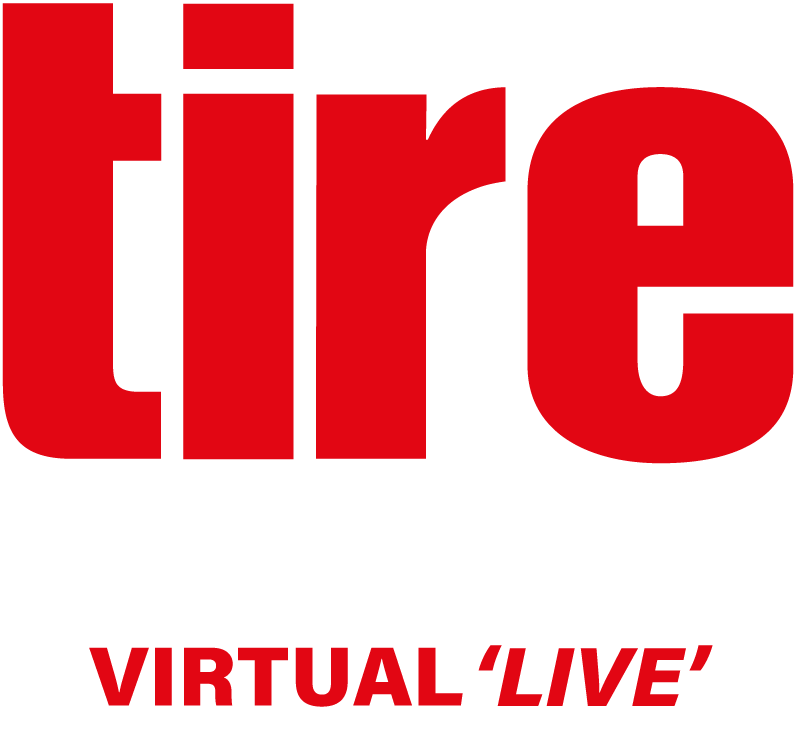
BOOK AN ON DEMAND PASS
EXISTING USER LOGIN
This event has now taken place, dates for future events to be announced soon!
Week 2
Tire Manufacturing and Production
4 days, June 15, 16, 17, 18, 2021
 Kevin Rolfe
Kevin Rolfe Alberto Vigano
Alberto Vigano Peter Scholz
Peter Scholz Dr Paulo Porta
Dr Paulo Porta Colin Clarke
Colin Clarke Dr Soumen Chakraborty
Dr Soumen Chakraborty Jan Sommer
Jan Sommer Kevin Rolfe
Kevin Rolfe Alberto Vigano
Alberto Vigano Dr Soumen Chakraborty
Dr Soumen Chakraborty Jan Sommer
Jan Sommer Dr Paulo Porta
Dr Paulo Porta Peter Scholz
Peter Scholz Jan Grashuis
Jan Grashuis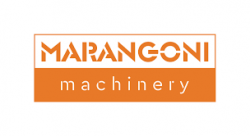 Massimo Lenti
Massimo Lenti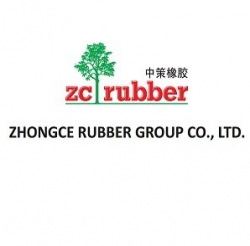 Zoran Markovic
Zoran Markovic Dietmar Juchmes
Dietmar Juchmes Michele Scacchi
Michele Scacchi Marcin Sęk
Marcin Sęk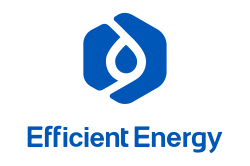 Thomas Bartmann
Thomas Bartmann Zoran Markovic
Zoran Markovic Dietmar Juchmes
Dietmar Juchmes Michele Scacchi
Michele Scacchi Marcin Sęk
Marcin Sęk Thomas Bartmann
Thomas Bartmann Massimo Lenti
Massimo Lenti Bill Henderson
Bill Henderson Lee Wragg
Lee Wragg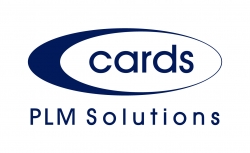 Dr Gert Nomden
Dr Gert Nomden Dr Amirhossein Shahdadi
Dr Amirhossein Shahdadi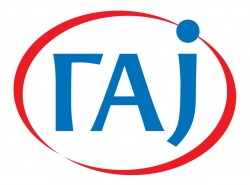 Zivojin Sekulic
Zivojin Sekulic Bill Henderson
Bill Henderson Lee Wragg
Lee Wragg Dr Gert Nomden
Dr Gert Nomden Dr Amirhossein Shahdadi
Dr Amirhossein Shahdadi Zivojin Sekulic
Zivojin Sekulic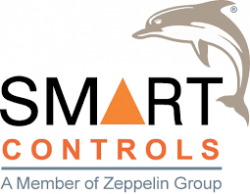 Vaidehi Gupta
Vaidehi Gupta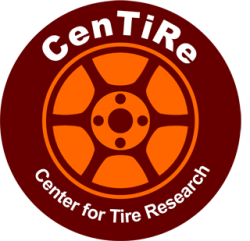 Rajvardhan Nalawade
Rajvardhan Nalawade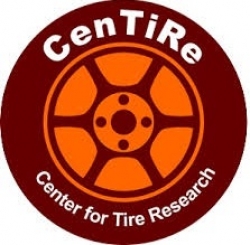 Utkarsh Gupta
Utkarsh Gupta Hans Schneider
Hans Schneider Aki Nurminen
Aki Nurminen Andreas Morbitzer
Andreas Morbitzer Jake Norman
Jake Norman Vaidehi Gupta
Vaidehi Gupta Rajvardhan Nalawade
Rajvardhan Nalawade Utkarsh Gupta
Utkarsh Gupta Hans Schneider
Hans Schneider Aki Nurminen
Aki Nurminen Andreas Morbitzer
Andreas Morbitzer Jake Norman
Jake Norman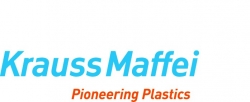 Dr Mathias Zabel
Dr Mathias Zabel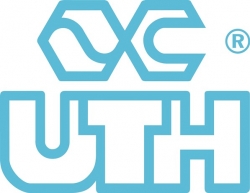 Manuel Bessler
Manuel Bessler Dr Michael Erdmann
Dr Michael Erdmann Dr Mathias Zabel
Dr Mathias Zabel Manuel Bessler
Manuel Bessler Dr Michael Erdmann
Dr Michael Erdmann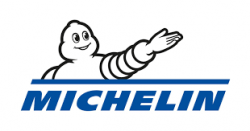 Jerome Barrand
Jerome Barrand Dan Paul
Dan Paul Bill Sarver
Bill Sarver Thomas Vollmuth
Thomas Vollmuth Güneri Tugcu
Güneri Tugcu Gerald Tan
Gerald Tan Giuseppe Centola
Giuseppe Centola Dan Paul
Dan Paul Jordan Konst
Jordan Konst Thomas Vollmuth
Thomas Vollmuth Güneri Tugcu
Güneri Tugcu Giuseppe Centola
Giuseppe Centola Gerald Tan
Gerald Tan Lanfei Dong
Lanfei Dong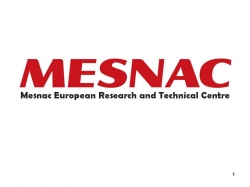 Karol Vanko
Karol Vanko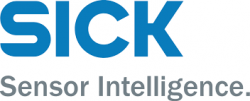 Patrick Hartmann
Patrick Hartmann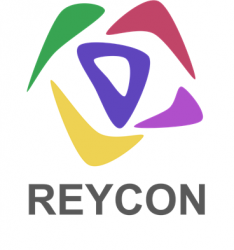 Koen Reybrouck
Koen Reybrouck Lanfei Dong
Lanfei Dong Patrick Hartmann
Patrick Hartmann Koen Reybrouck
Koen Reybrouck Dan Paul
Dan Paul Bill Sarver
Bill Sarver Cataldo Federico
Cataldo Federico Pierre Paterni
Pierre Paterni Jordan Konst
Jordan Konst Dan Paul
Dan Paul Paul Leone
Paul Leone